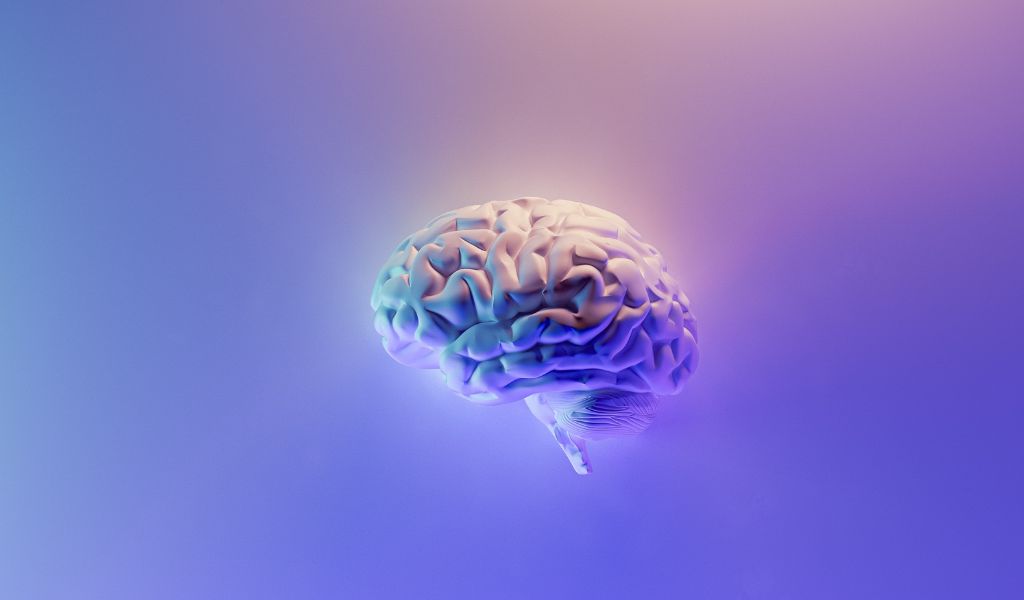It seems like everyone these days is suffering from brain fog, at least from time to time. The increase in prevalence has people asking some very important questions about brain fog, what it is, what could be causing it, and how to help. This article will offer a brief overview of these factors.
What Is Brain Fog?
Many people describe brain fog as a sort of mental fatigue. It can cause issues with focus, poor concentration, memory difficulties, and a general lack of mental clarity. Brain fog is not a medical or psychological condition, though. It’s a symptom of another underlying problem. Although nootropics help with brain fog, they should be combined with treatment to address its underlying cause.
Chronic Stress
A little bit of stress can be a good thing, but when stress becomes chronic, it starts to cause all kinds of problems, including mental fatigue. Stress causes a cascade of other problems that contribute to a lack of mental clarity, including blood pressure issues, immune system degradation, and mental health problems like depression. The combined effects leave sufferers exhausted and prone to brain fog.
Poor Sleep
Stress isn’t the only factor that makes modern Americans exhausted. Insufficient or poor-quality sleep causes poor concentration and clouds the mind, and experts still believe that every adult needs eight to nine hours of sleep per night. Set aside time every night and work on improving sleep hygiene to combat insomnia.
Allergies and Intolerances
Both seasonal allergies and allergies or intolerance to food can cause brain fog to develop in otherwise healthy people. Treating seasonal allergies and avoiding trigger foods is the best solution. Adding a B12 supplement can also be helpful for those deficient in this key nutrient.
Hormone Changes
Certain types of hormonal changes cause short-term issues with cognitive impairment, including forgetfulness, poor concentration, and clouded thinking. Examples include changes in levels of estrogen and progesterone during pregnancy and the drop in estrogen that occurs in menopausal women. These effects are usually temporary and can be mitigated with hormone therapy.
Certain Medical Conditions
Lately, the focus has been on the association between brain fog and long COVID. Researchers are making progress on treatments to help patients manage or resolve these cognitive difficulties. Long COVID isn’t the only medical condition that can cause brain fog, though. Others include:
- Anemia
- Diabetes
- Migraines
- Hypothyroidism
- Autoimmune diseases
- Alzheimer’s disease
- And others
In most cases, treating the underlying condition causing the brain fog alleviates the symptoms. Unfortunately, not all medical conditions behind brain fog can be cured. Alzheimer’s disease is one tragic example, although there are now some treatments available to slow the progression of the disease and minimize the impacts of its symptoms.
Medication Side Effects
Brain fog is often a side effect of medications. It may be temporary as people’s bodies adjust, or it may persist, in which case lowering the dosage or switching to a different drug can help. A longer-lasting version of brain fog also occurs following chemo treatments. In this circumstance, it’s known as chemo brain.
What to Do About Brain Fog?
The first thing to do when dealing with brain fog is to head to a doctor for a diagnosis of its underlying cause. In addition to finding out what’s causing the brain fog and how it can be treated, it’s also a good idea to ask about nootropic supplements, especially for difficult-to-manage issues like chronic stress, depression, and side effects from necessary medications.






































